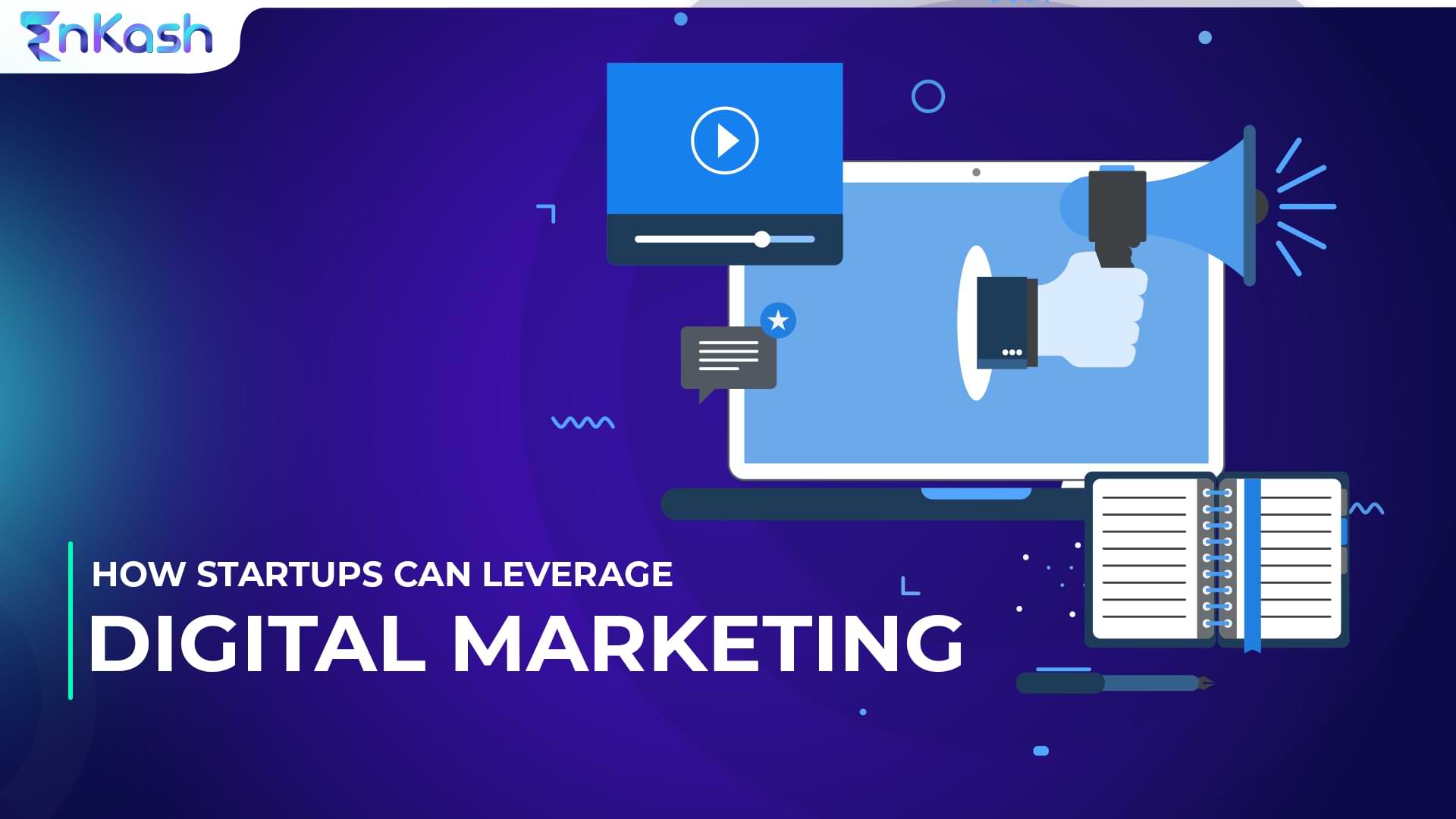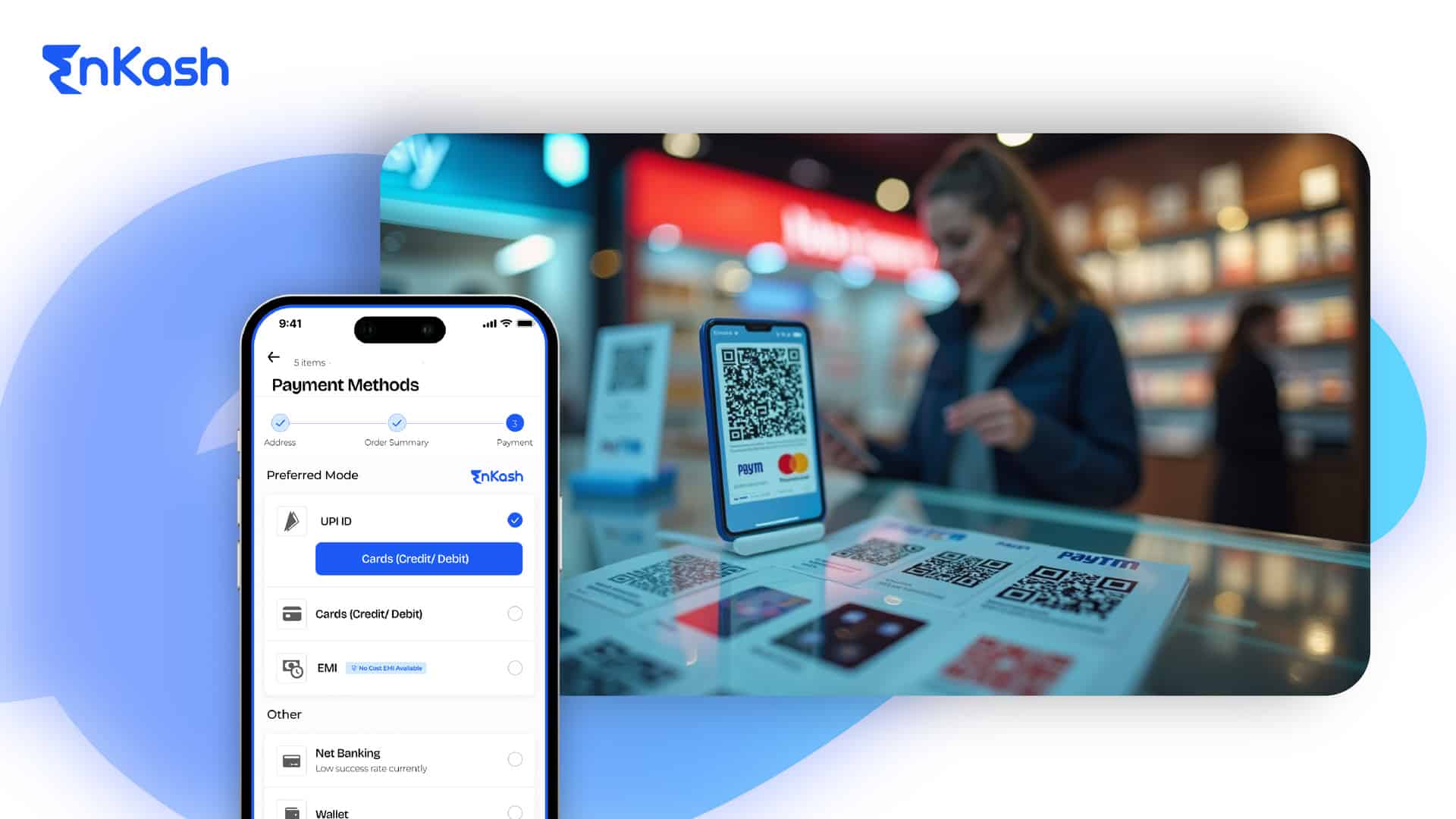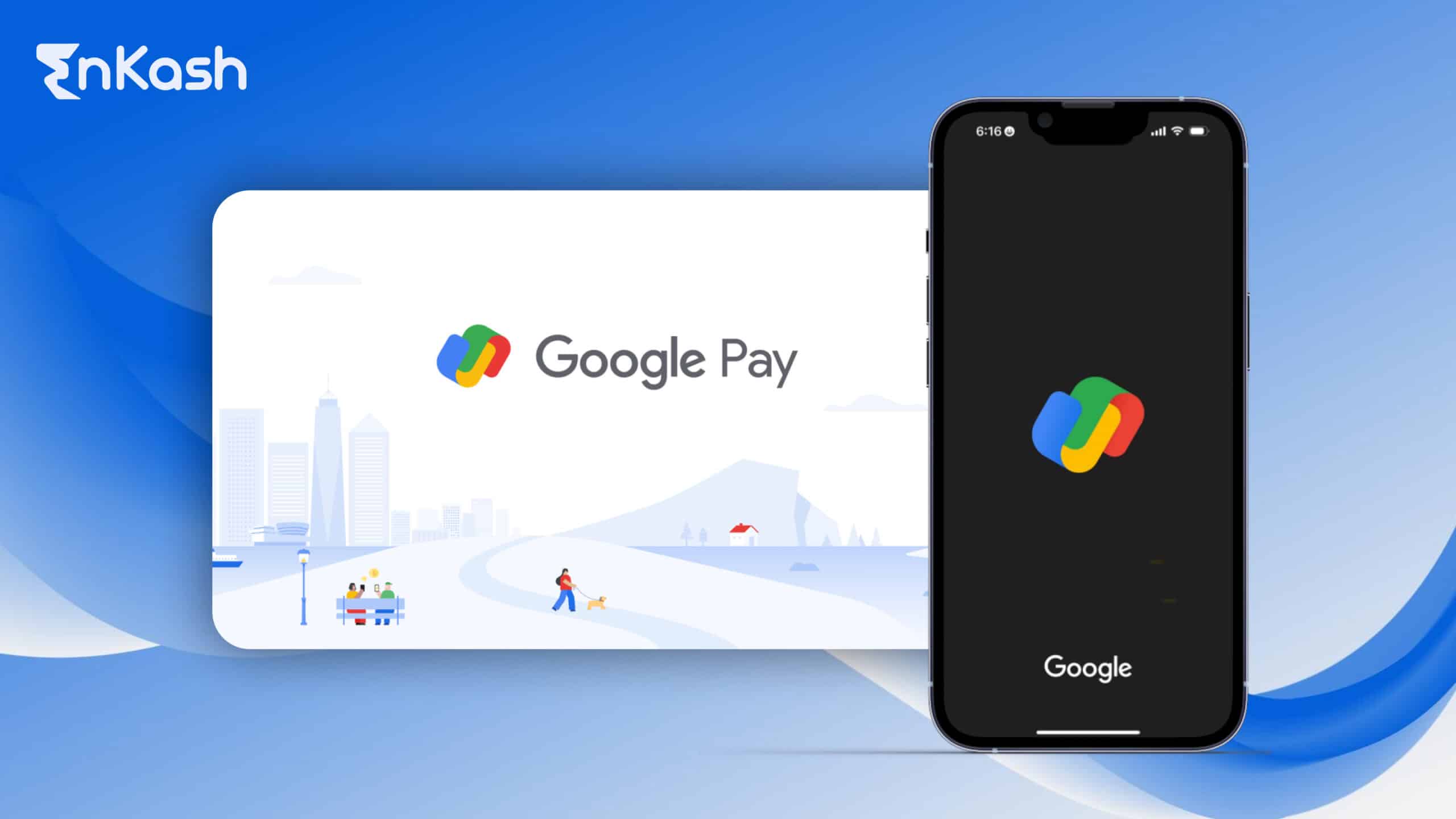In today’s fast-paced digital landscape, startups are constantly seeking innovative strategies to accelerate their growth and gain a competitive edge.
While traditional marketing methods still hold value, digital marketing has emerged as a game-changer for startups. With its unparalleled reach, cost-effectiveness, and precise targeting capabilities, digital marketing has become an essential tool for startups to thrive in the modern business landscape.
Recent data highlights the significant impact of digital marketing on startups. According to a survey conducted by Statista in 2022, 86% of startups reported that digital marketing played a crucial role in their overall success.
Furthermore, the same study revealed that startups that invested in digital marketing strategies experienced a 30% higher revenue growth compared to those relying solely on traditional marketing methods.
In this blog post, we will explore how digital marketing for startups plays an important role and enables them to unlock their growth potential.
But before we dive into the ‘how’, let’s look at the ‘what’!
What is Digital Marketing?
Digital marketing is a powerful method that enables businesses to effectively promote their products and services to their intended audience using various online platforms and digital channels. These channels include websites, social media platforms, email platforms, messaging apps, and more.
Through digital marketing, businesses can connect with their target audience by employing tactics such as email campaigns, achieving higher rankings on search engine results pages (SERPs), engaging users through popular social media platforms like Instagram and Facebook, and utilizing other relevant online channels.
There exist diverse digital marketing strategies that businesses can utilize to achieve their promotional goals. Some notable examples include:
Search Engine Optimization (SEO): Optimizing website content and structure to improve visibility and organic search rankings.
Content Marketing: Creating and distributing valuable and relevant content to attract and engage the target audience.
Social Media Marketing (SMM): Utilizing social media platforms to connect with users, share content, and foster engagement and brand awareness.
Email Marketing: Sending targeted and personalized emails to nurture leads, retain customers, and promote products or services.
Google Ads: Running paid advertising campaigns on the Google platform to appear prominently in search results and partner websites.
Online Reputation Management: Managing and influencing online perception and reputation through various techniques, including review management and brand monitoring.
These are just a few examples of the numerous digital marketing strategies available, including search engine marketing (SEM), leveraging tools like Google Analytics for data-driven insights, and more. By adopting the right digital marketing approach, businesses can effectively reach their target audience and achieve their promotional objectives in the online landscape.
Benefits of Digital Marketing for Startups
Digital marketing benefits for startups are extensive and transformative. By harnessing the power of online platforms and strategies, startups can unlock opportunities that were once limited to established businesses with larger marketing budgets.
Let’s dive into digital marketing benefits in detail:
Enhanced Visibility and Brand Awareness
Digital marketing provides startups with an opportunity to establish a strong online presence and gain visibility in a crowded marketplace. Through search engine optimization (SEO) techniques, startups can optimize their website and content to rank higher on search engine results pages (SERPs). This increased visibility enables startups to attract organic traffic, build brand awareness, and reach their target audience effectively.
Cost-Effective and Targeted Advertising
One of the most significant advantages of digital marketing for startups is its cost-effectiveness compared to traditional advertising channels. Startups often operate on limited budgets, and digital marketing offers a range of affordable options. Performance marketing, for instance, allows startups to pay for advertising campaigns only when specific actions are completed, such as clicks or conversions. This ensures that startups can maximize their marketing budget and achieve optimal results.
Precise Targeting and Personalization
Digital marketing enables startups to precisely target their ideal customer base, increasing the chances of conversion and customer retention. Through techniques like demographic targeting, interest-based targeting, and retargeting, startups can deliver personalized content and offers to their audience, resulting in higher engagement and conversion rates. By understanding their audience’s preferences and behavior, startups can tailor their marketing efforts to meet specific needs, thereby enhancing customer satisfaction.
Data-Driven Decision Making
Digital marketing provides startups with valuable insights and data that can shape their marketing strategies. Through analytics tools, startups can track and measure key performance indicators (KPIs), such as website traffic, conversion rates, and customer engagement. This data-driven approach empowers startups to make informed decisions, optimize their marketing campaigns, and allocate resources effectively.
Scalability and Flexibility
Startups often experience rapid growth and need marketing strategies that can scale accordingly. Digital marketing offers scalability and flexibility, allowing startups to expand their reach and adjust their strategies as their business evolves. Whether it’s increasing advertising budgets, launching new campaigns, or exploring new digital channels, startups can adapt their marketing efforts to match their growth trajectory.
How To Integrate Digital Marketing In Your Business
Integrating digital marketing into your business is crucial for staying competitive and reaching your target audience effectively in today’s digital landscape. Here’s a brief overview of how you can successfully integrate digital marketing strategies into your business:
Set Clear Goals
Define your business objectives and identify specific goals you want to achieve through digital marketing. Whether it’s increasing brand awareness, generating leads, driving website traffic, or boosting sales, clarity in goals will guide your digital marketing efforts.
Understand Your Target Audience
Conduct market research to gain insights into your target audience’s demographics, preferences, and online behavior. This knowledge will help you tailor your digital marketing strategies to resonate with your audience and deliver the right message at the right time.
Build a Professional Website
Your website is the foundation of your online presence. Ensure it is user-friendly, visually appealing, and optimized for search engines. Implement effective SEO techniques to improve its visibility in search engine results and enhance user experience.
Content Marketing Strategy
Develop a content marketing strategy to create valuable, relevant, and engaging content that aligns with your target audience’s interests and pain points. This content can take the form of blog posts, videos, infographics, ebooks, and more. Share your content on your website, social media platforms, and other relevant channels to attract and engage your audience.
Leverage Social Media
Establish a strong presence on relevant social media platforms where your target audience is active. Create compelling and shareable content, engage with your followers, and leverage social media advertising to expand your reach and drive traffic to your website.
Email Marketing
Implement email marketing campaigns to nurture leads, retain customers, and promote your products or services. Build an email list by offering valuable content and incentives, and personalize your email campaigns to increase engagement and conversions.
Paid Advertising
Consider utilizing pay-per-click (PPC) advertising platforms like Google Ads or social media advertising to increase your brand visibility, drive targeted traffic, and generate leads. Set a budget, define your target audience, and craft compelling ad copies to maximize the ROI of your advertising campaigns.
Monitor and Analyze Results
Use web analytics tools like Google Analytics to track the performance of your digital marketing efforts. Monitor key metrics such as website traffic, conversion rates, click-through rates, and engagement levels. Analyze the data to gain insights and make data-driven decisions to optimize your strategies.
Adapt and Evolve
The digital landscape is constantly evolving. Stay updated with the latest trends, technologies, and consumer behaviors. Continuously adapt your digital marketing strategies to remain relevant, seize new opportunities, and stay ahead of your competitors.
By integrating digital marketing strategies into your business, you can expand your reach, engage your target audience, and drive meaningful results that contribute to your business growth and success.
Finding the Right Digital Marketing Budget for Small Businesses
Deciding how much to invest in digital marketing is a crucial decision for small businesses. While there is no one-size-fits-all answer, considering certain factors can help determine the optimal budget. Small businesses should evaluate their goals, target audience, industry benchmarks, and available resources. It’s essential to strike a balance between affordability and effectiveness. By carefully assessing specific needs and objectives, small businesses can allocate a digital marketing budget that maximizes online visibility, reaches the target audience, and helps achieve business growth. Finding the right digital marketing budget sets the foundation for success in the ever-evolving digital landscape.
Also Read: Key Business Metrics for Every Business
The Bottom Line!
Digital marketing has revolutionized the way startups approach growth and marketing. Its ability to enhance visibility, target specific audiences, provide data-driven insights, and offer cost-effective solutions has made it an invaluable tool for startups worldwide. Embracing digital marketing enables startups to unlock their growth potential, establish their brand, and compete with more established players in the market. Digital marketing for startups can accelerate their growth, drive customer acquisition, and thrive in the dynamic digital landscape.
Also Read: Manage Digital Marketing Expenses with Corporate Cards
Remember, in the digital age, the success of startups often lies in their ability to leverage the power of digital marketing and adapt to ever-changing consumer behaviors and market trends.













